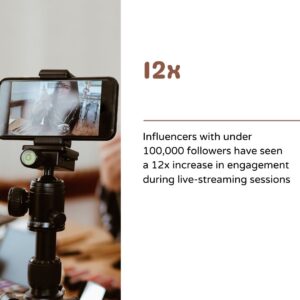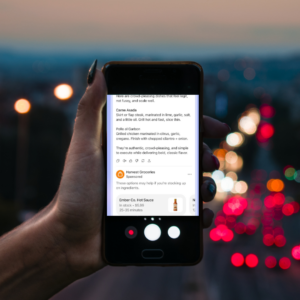China’s Gen Z doesn’t search for things the way your dad does.
They’re not typing into Baidu with clinical precision.
They’re scrolling. Swiping. Watching. Feeling.
And somewhere between a stranger’s lipstick review, a dreamy Bali vlog, and an under-the-radar ramen spot in Chengdu—boom—purchase made.
That’s not a glitch in the marketing matrix.
That’s Xiaohongshu. And it’s quietly becoming one of China’s biggest search engines.
From Shopping Hauls to Search Engine Hauls
Once a social scrapbook for skincare junkies and haul queens, Xiaohongshu has morphed into something bigger—something deeper.
In late 2024, the platform was clocking around 600 million search queries a day. For perspective? That’s nearly half of what Baidu pulls. And this isn’t just Gen Z flirting with content. It’s trust. It’s utility. It’s intent.
They’re not just looking at pretty things. They’re looking for answers.
Why the Hell Are People “Searching” Here?

Because Google doesn’t sell you like your best friend does
Xiaohongshu isn’t built on clickbait and ad spam. It’s built on recommendation culture. Want to know which acne cream actually works?
Ask someone who’s tried it. Posted about it. Zoomed in on their pores.
Here, search isn’t a chore. It’s a vibe.
Because the results look like TikTok, but they stick
Scroll through search results and it’s all short-form videos, curated photos, long-form notes, and honest captions with real sass and detail.
Gen Z doesn’t want keyword-stuffed blog posts.
They want “how this $8 eyeliner made me hot again” kind of content.
Because the algorithm knows your 2AM cravings
This isn’t just search. It’s search, slathered in AI sauce.
Xiaohongshu watches you like an ex. It knows when you’re craving matcha in Tokyo or thinking about quitting your job to start a jewelry brand.

And the more you search, the sharper it gets.
What Brands Need to Get (Before It’s Too Late)
Show, don’t shove.
Don’t scream “BUY NOW” like it’s 2012.
Instead, tell a story. Drop a tutorial. Be helpful. Be hot. Be human.
Befriend the Micro-Influencers.
Not everyone on Xiaohongshu is a megastar. Some are just sharp, trusted, and honest. And they’ve got conversion rates that’ll make your PPC ads cry.
Keyword Research? More like Emotion Research.
Yes, you should optimize your posts. But here’s the trick:
Don’t think like an SEO tool. Think like a late-night scroller.
What would you type if you were feeling insecure, impulsive, or inspired?
That’s your keyword.
Proof in the Pudding (or the Posts)
- Gucci and Bally used Xiaohongshu during Milan Fashion Week to drive global buzz directly from Chinese Gen Z.

- Vaseline launched a hyper-targeted skincare campaign that turned into a 10x sales spike. The formula? Local insight, platform-native content, zero fluff.

- Another platform-native icon? Macau Coco Jie. She’s not just a micro-influencer—she’s a one-woman conversion machine.
Known for her ultra-personal, unscripted livestreams and brutally honest reviews, Coco Jie has become a trusted voice on Xiaohongshu. Her product recommendations don’t feel like ads—they feel like advice from a slightly chaotic, brutally stylish best friend. And when Coco Jie swears by a concealer or rants about a handbag? Her audience buys. Fast.
Wrapping It Up, Soft and Subtle
Search used to be serious. Clinical. Boring.
Now it’s fun. Personal. Addictive. And Xiaohongshu is leading the charge.
So if you’re still betting on only Google and Baidu, you might be missing the real conversation—where brand trust is built one scroll at a time.
Need help showing up in those scrolls?
Digital Crew’s been there. Done that.
Let’s talk.























